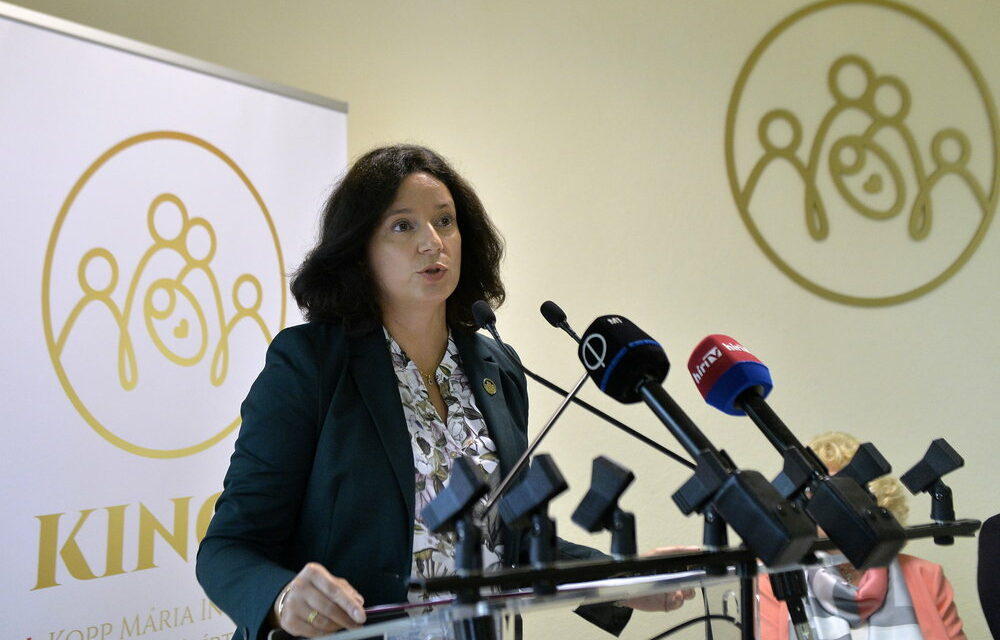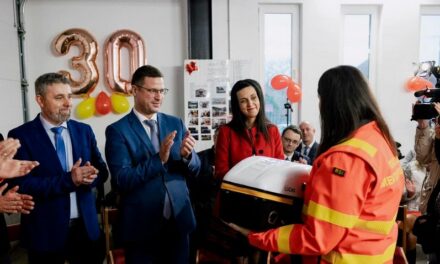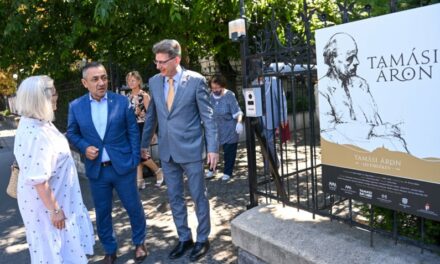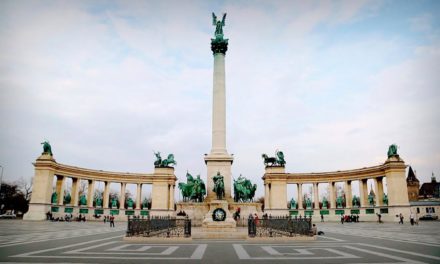The elderly person in the family is not a burden, but a presence of experience and support, which is very much needed in the 21st century, stated the State Secretary responsible for families of the Ministry of Culture and Innovation on Thursday in Budapest.
Ágnes Hornung - at the workshop conference of the Mária Kopp Institute for Population and Population (KINCS) Elderly in the family - said that the number of people over 65 in the world was 700 million in 2019, and according to some estimates, 1.5 billion by 2050 their number can also reach He added: if we translate this into the harsh language of the economy, we can see that the state must also solve the issue of increased pension benefits or additional health expenses.
"Our important objective is to always help our ancestors, because we know: they were the ones who built our present for us with the work of a whole life"
he said.
As he said, the topics of the conference are organized around the World Day of the Elderly, which is the first day of October every year. Ágnes Hornung called the time when we are already in autumn symbolic, but there is still time until the end of the year. By choosing this day, the United Nations wanted to draw attention to the fact that there are more and more elderly people in our world, he said.
Speaking about the welfare of the elderly, he emphasized:
the government supports them with a number of measures and initiatives so that they can spend their everyday lives as fully as possible, preserving their health, and being active.
As an example, he mentioned that local governments are encouraged with a fee to do unique, imaginative and innovative ways beyond their mandatory tasks in order to improve the quality of life of the elderly living in the settlement. In the past 19 years, 134 municipalities have received this prestigious recognition, he said.
He recalled: in order to preserve the activity of the elderly, the National Pedestrian Senior Club Network was established in 2017. The network is mostly joined by walking clubs organized on a voluntary basis, the number of which will approach 120 by 2022, despite the pandemic.
In addition, within the framework of individual support, they also help a number of non-governmental organizations and local government programs, which promote, among other things, the stimulation of physical exercise and mental activity of the elderly, the everyday life of people living with dementia and those who care for them, improving the awareness of the disease at the social level, and strengthening relations between generations, as well as the the development of services available to the elderly and their relatives.
Ágnes Hornung said: we want to learn from our ancestors, to receive from them the valuable knowledge that life taught them, but at the same time, their need for a well-deserved rest is legitimate. Ensuring this is the joint task of the state and Hungarian families, he added, and then continued: taking care of our elderly can also serve as an example for our children to follow.
Tünde Főrész , the president of KINCS, emphasized that: the elderly and grandparents are the main actors in the family, its defining and irreplaceable members. He recalled: in 2010, a strong alliance was established between the elderly and the government, in the last decade there has been a change in attitude, today the elderly are not a burden, but a resource that can be counted on in both family and social aspects. As an example, he mentioned that according to research conducted by KINCS
in 78 percent of families, grandparents are also actively involved in raising children. He put it this way: the future of the nation is woven together by the young and the old.
András Pári , the head of research at KINCS , presented the research carried out by the institute called Idősek a sásalban, which was conducted by the institute, and emphasized that: according to their survey of 1,000 people, the elderly and the young mutually support each other, 9 out of 10 respondents think that grandparents and grandchildren's relationship, and 98 percent of the respondents stated that the grandchild is a source of joy for the grandparent. During the research, 6 out of 10 people said that it is ideal if grandparents are also involved in raising children, he said.
Erzsébet Blaskovich, member of the Council of the Elderly and the Hungarian Gerontological and Geriatric Society, co-author of the book Geriatric Readaptation published by KINCS, spoke about, among other things: the quality of old age is determined by the degree of self-sufficiency, if it decreases for any reason, it can be improved with rehabilitation treatment condition. He added: the book covers both healing and nursing tasks, condition assessment, drug treatment, fluid replacement, nutrition, wound care, appropriate methods of exercise therapy, as well as the creation of mood and emotional balance. He noted: practicing religion at the end of life is extremely important, the fear of death cannot be overcome with anything else.
According to KINCS, the book dealing with geriatrics, i.e. the prevention and treatment of diseases of the elderly, provides assistance to families who care for their elderly, sick relatives at home. The authors are well-known domestic experts in geriatrics, who provide tangible advice for the home improvement treatment of elderly family members suffering from chronic diseases. The publication can be downloaded free of charge from the KINCS electronic library https://konyvtar.koppmariaintezet.hu .
MTI
Cover photo: Tünde Fűrész, the president of the Mária Kopp Institute for Population and Families (KINCS) gives an opening speech at the workshop conference organized on the occasion of World Elderly Day in Budapest, in the KINCS building on September 29, 2022.
MTI/Lajos Soós













